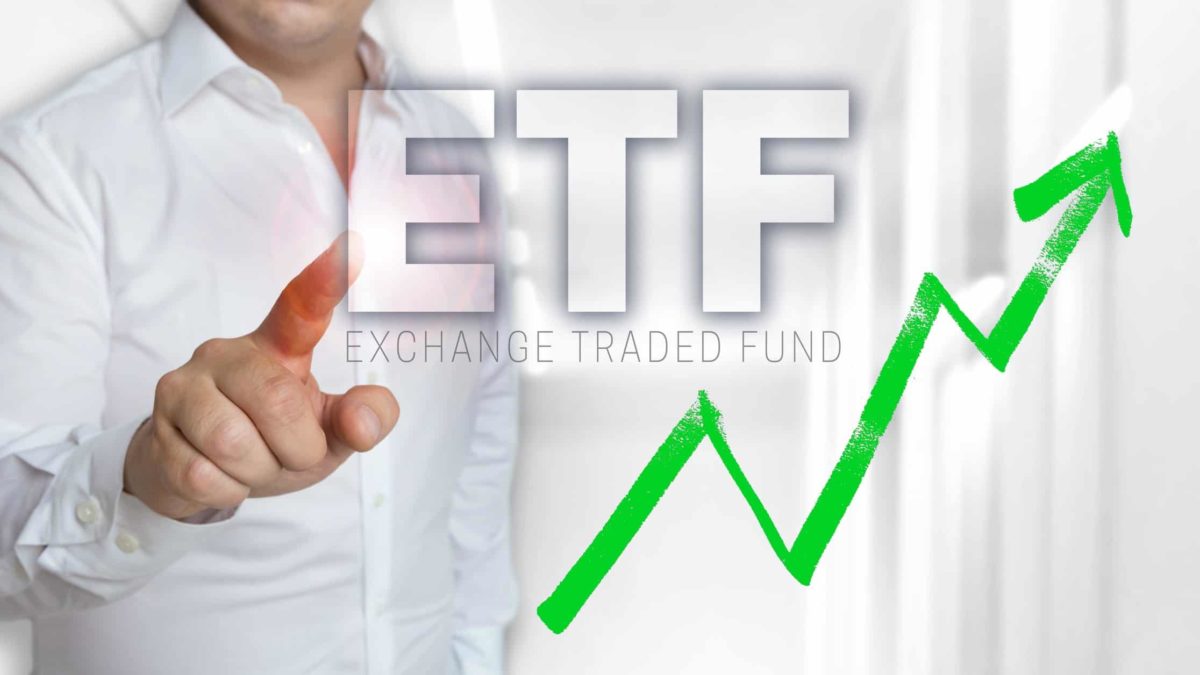
LONDON, Dec 13 (Reuters Breakingviews) - Pascal Soriot is stuck in a Chinese limbo. In recent months, the CEO of $205 billion drug giant AstraZeneca (AZN.L) , opens new tab has seen his China boss detained by Beijing and his shares underperform rivals.
Yet the value which investors assign to his Middle Kingdom operations complicates a quick fix. In late October, AstraZeneca confirmed that Leon Wang, who also runs its international division, had been detained by Chinese authorities. Last month, the company also revealed it was the target of a probe related to sales of its blockbuster lung cancer drug Tagrisso.

Yet another investigation concerning cancer treatment imports from Hong Kong to China involves two current and two former executives. AstraZeneca is not the first UK pharma company to get in hot water with Beijing: a decade ago GSK was fined nearly 300 million pounds for bribing doctors and hospitals to prescribe its medicines. But the People’s Republic is now a key market for Soriot.
In 2023 it delivered nearly $6 billion of sales, 13% of group revenue. The country is the second-largest drug market in the world, and AstraZeneca’s expertise in drugs for lung and breast cancer is in demand given China’s high pollution and ageing population. In some ways, Soriot’s life would be easier if investors now thought his China business was worth zero.
Then he could hand each AstraZeneca investor a new share in a spun-off unit, insulating the rest of his business from any noise; or prepare a listing in, say, Hong Kong. If Beijing’s various probes resolved themselves the shares would rebound; if they proved painful, it wouldn’t matter too much. Yet the China business still looks to be a sizeable chunk of AstraZeneca’s valuation, even though Soriot expects increased competition and limited pricing power will make it less profitable than the overall group.
One analyst told Breakingviews that the unit’s troubles mean it may only turn 29% of its sales into operating profit this year, below the 33% analysts previously expected. Taxed at 20%, the unit would deliver net income of $1.4 billion.
Imagine the heightened regulatory risk means those earnings only deserve a multiple of 15 times, below AstraZeneca’s five-year average exceeding 18 times. If so the unit would still be worth $20 billion – around 10% of AstraZeneca’s market capitalisation. While a listing or spinoff a year ago might have fetched a decent valuation, a standalone Chinese arm might now be marked down.
Had Soriot retired in September, he would have gone out on a high. Even now, his 12 years at the helm have delivered total shareholder returns of around 450%, compared to only 120% for the FTSE 100 Index. As it is, he may have to stick around for an uncertain length of time – for an uncertain endgame.
Follow @aimeedonnellan , opens new tab on X CONTEXT NEWS AstraZeneca on Dec. 4 named Iskra Reic as its new international executive vice president (EVP), taking over from Leon Wang, who was detained by Chinese authorities in October. Reic will continue as head of AstraZeneca’s vaccines and immune therapies business, but will be moving to Shanghai to carry out her new expanded role, a spokesperson told Reuters.
Her appointment comes as the company aims to stabilise its Chinese operations even as it acknowledges it does not know basic facts about Wang’s detention, such as why he is being investigated. AstraZeneca said in November that in addition to the Chinese authorities’ investigation into Wang, the company is also aware of two separate and ongoing probes by the Chinese government into its activities in the country. One involves suspected medical insurance fraud, and the other relates to imports of cancer drugs from Hong Kong into mainland China.
For more insights like these, click here , opens new tab to try Breakingviews for free. Editing by George Hay and Oliver Taslic.











